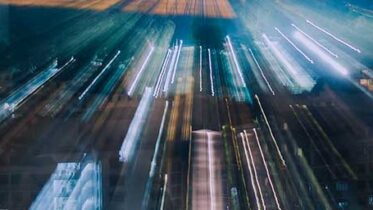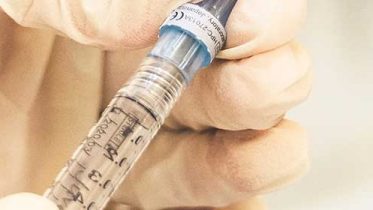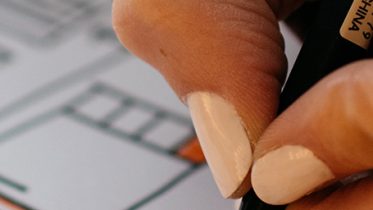Compulsory licensing of patents to fight national emergencies in Brazil
- 20 September 2021
- New legislation
With the first news about vaccines against Covid-19, the debate about the “breaking of patents” as one of the ways to fight the pandemic also started. Subject of long conversations and countless arguments, the discussion in Brazil reached the Senate with Bill (PL) 12/2021, now Law 14,200/2021 which amends articles of the Intellectual Property Law No. 9279/ 1996 (LPI) and streamline the process of granting compulsory licenses. The bill was approved in the Senate plenary on 11/08 and the Law was sanctioned by president Bolsonaro on September 03, 2021.
The new law brings slight changes to the LPI, that already provided for the possibility of requesting compulsory licensing to remedy any abuses committed by patent owners or in case the object of the patent would not be explored or would not meet domestic demand. Anyway, it should be noted that both version cannot really be treated as “breaking of patents”, as in popularly jargon, since the holder of the technology rights remains and is compensated through the license “agreement”.
Driven by aspects of the humanitarian crisis caused by the pandemic, some of the change points relates to broader scope and objective procedures, e.g.:
1) Triggering factors for compulsory licensing can include official national emergencies and international emergencies – even in situations where Brazil is not directly affected. For humanitarian reasons and under the terms of an international treaty to which the Brazil is a party, a compulsory license for patents on products intended for export to countries with insufficient or no manufacturing capacity to serve their population may be granted;
2) Patent applications are also subject to compulsory license – in these the BRPTO would accelerate examination. Remuneration to the applicant of a patent application subject to compulsory license will only be due if the patent is granted, and the payment, corresponding to the entire period of the license, must be made only after the grant of the patent;
3) Patents or patent applications should be listed and published within 30 (thirty) days after declaration of state of emergency/ calamity. The list will contain sufficient information and data to allow individual analysis of the utility of each patent;
4) Public entities, education and research institutions and organizations representing the society and the productive sector should be consulted for the elaboration of the list;
5) Any public or private institution would be able to submit a request for inclusion of a patent or patent application in the aforementioned list;
6) Grants of compulsory licenses will be non-exclusive, any producer who proves technical and economic capacity for the production should be eligible;
7) The patents will be excluded from a potential compulsory license request on the following cases:
- If the patent/patent application technology is being duly and directly explored in the country;
- If the patent/patent application is already subject of a voluntary license;
- If there are transparent agreements for the sale of the product subject of the patent/patent application;
8) The remuneration of the rights holder is fixed at 1.5% of the net sales price of the product until its value is effectively established. In arbitrating the remuneration of the patent holder or patent application, the circumstances of each case will be considered, observing, necessarily, the economic value of the granted license, the duration of the license and the estimative of investments necessary for its exploitation, as well as the production costs and the selling price.
An important presidential veto avoided strict rules related to technology transfer associated to such licensing by not making mandatory that the owner of the rights provide all information necessary for the effective reproduction of the object to be compulsorily licensed, as well as the test results, under penalty of declaration of nullity of the patent. The veto was justified by the difficulty of implementation of such rule and the uncertainty it would bring under the scope of international trade agreements, apart from the potential negative impact on investments in technology and the formation of strategic commercial partnerships. It is also noteworthy that the know-how is an exclusive property of the company, which will have the prerogative of licensing it or not.
Interesting enough, according to the General Secretariat of the Presidency the compulsory licensing would not be applied to fight the coronavirus pandemic (at least at the current stage), since the vaccines are already being duly provided by international partners. Congressmen now have the power to overturn the president vetoes made to the text.










